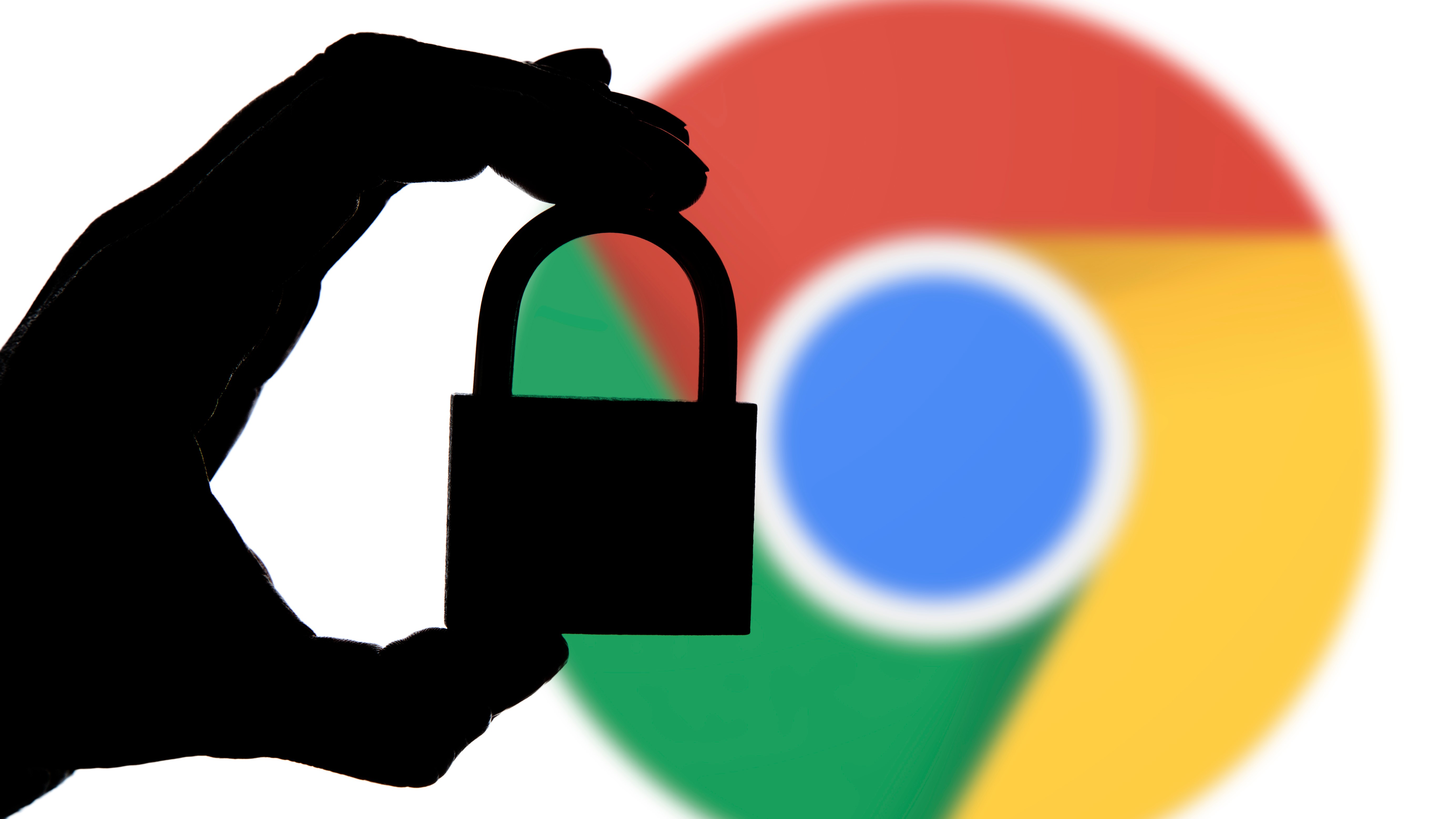
Sign up for breaking news, reviews, opinion, top tech deals, and more.
You are now subscribed
Your newsletter sign-up was successful
As part of its Privacy Sandbox project, Google has announced it will soon start winding down support for third-party cookies in its Chrome web browser. It’s a move designed to improve user privacy and stop websites from tracking you as you visit different URLs.
As explained in a recent blog post, Google will start testing a new Chrome feature called Tracking Protection on January 4, 2024. This automatically blocks tracking cookies by default, ensuring your data cannot be followed around the web.
What if a website relies on cookies to function properly? Well, if Chrome thinks a site has broken without cookies and that you’re having trouble with it (such as refreshing the page multiple times), it’ll allow you to re-enable cookies for that website.
Google says that it will initially roll out Tracking Protection to 1% of Chrome users at the beginning of 2024, so the chances of it affecting you immediately are small. However, the goal is to entirely block third-party cookies for all users by the second half of the year, so it's a big change that's worth knowing about.
What happens now?

Third-party cookies aren’t just used to snoop on your browsing activity – they have other uses, such as keeping you logged in on various websites, for instance.
To ensure that functionality keeps working while still protecting your privacy, Google has provided alternatives, such as APIs that developers can use in certain cases. It has encouraged developers to review their cookie use to guarantee their sites remain working come the change.
Google is far from the first browser developer to restrict third-party cookies. Rivals like Safari, Firefox and Brave have long blocked trackers in this way, enabling them to serve as some of the best secure browsers you can get.
Sign up for breaking news, reviews, opinion, top tech deals, and more.
The slow approach taken by Google is likely due to its somewhat vested interest in matters. Tracking cookies are an important part of online advertising, after all, which is one of Google’s primary business areas. Yet as Firefox developer Mozilla has pointed out, this more measured tactic means Google will be able to give website owners tools to ensure their sites keep working, rather than motivating them to lock content beyond paywalls or move to more covert forms of tracking.
It’s worth remembering that, despite not taking the top spot in our ranking of the best browsers, Chrome is incredibly popular, and enjoys a huge lead in usage among web browsers. That means its attempts to increase the privacy of its users can affect a large number of people – and will likely be welcomed by privacy advocates.
So, if you’re sick of shady websites following you wherever you go on the internet, Google’s latest announcement will undoubtedly feel like good news. Despite the slow rollout, it means a huge swath of internet users will get a much more private experience by default.
You might also like

Alex Blake has been fooling around with computers since the early 1990s, and since that time he's learned a thing or two about tech. No more than two things, though. That's all his brain can hold. As well as TechRadar, Alex writes for iMore, Digital Trends and Creative Bloq, among others. He was previously commissioning editor at MacFormat magazine. That means he mostly covers the world of Apple and its latest products, but also Windows, computer peripherals, mobile apps, and much more beyond. When not writing, you can find him hiking the English countryside and gaming on his PC.